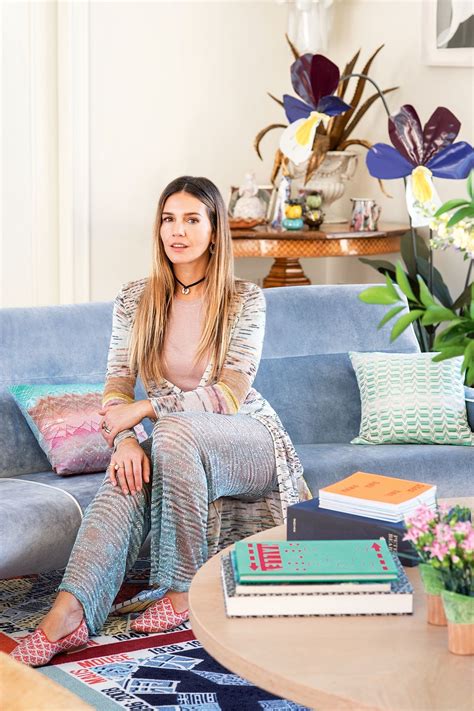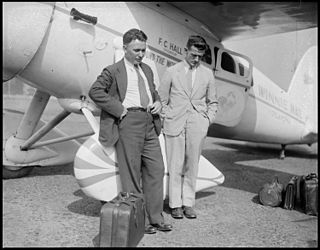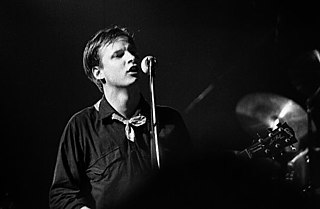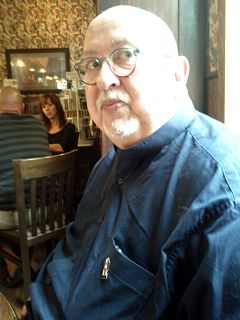A Quote by David Gerrold
Imagine yourself in the scene. See what there is to be seen. Listen to the sounds. Touch the world. Smell the air. Taste it. Use all of your senses. Then evoke those experiences for the reader. If you give the audience the flavor, they'll flesh out the moment in their own imaginations.
Related Quotes
Why all this insistence on the senses? Because in order to convince your reader that he is THERE, you must assault each of his senses, in turn, with color, sound, taste, and texture. If your reader feels the sun on his flesh, the wind fluttering his shirt sleeves, half your fight is won. The most improbable tales can be made believable, if your reader, through his senses, feels certain that he stands at the middle of events. He cannot refuse, then, to participate. The logic of events always gives way to the logic of the senses.
I do not believe there is any such sixth sense. A man with a good sense of direction is, to me, quite simply an able pathfinder - a natural navigator - somebody who can find his way by the use of the five senses (sight, hearing, taste, smell and touch - the senses he was born with) developed by the blessing of experience and the use of intelligence. All that pathfinder needs is his senses and knowledge of how to interpret nature's signs.
And all the world is football-shaped
It's just for me to kick in space
And I can see, hear, smell, touch, taste
And I've got one, two, three, four, five
Senses working overtime
Trying to take this all in
I've got one, two, three, four, five
Senses working overtime
Trying to taste the difference 'tween a lemon and a lime
Pain and pleasure and the church bells softly chime.
I use these senses - touch, sight, feel and smell - as triggers that invite readers or propel them into the scene. The trick is not to make it obvious. I've written an entire chapter about this in my book, 'The Successful Novelist.' I've lectured about it extensively, but have yet to see many people pick up on it.
A person is alive only to the degree that he or she is aware. To make the most of life we must constantly strive to be aware of the importance of being aware. Be aware of your senses and use them: So often we are distracted and unconscious of the riches our senses can pour into our lives. We eat food without tasting it, listen to music without hearing it, smell without experiencing the pungency of odors and the delicacy of perfumes, touch without feeling the grain or texture, and see without appreciating the beauty around us.
You are preparing yourself for a scene, and the most important thing is to remain emotionally available and remain in the moment with your scene partner. You don't want to let your own self-consciousness block the flow of creativity that's coming out so that you can act and react, and play what the scene is all about.







































